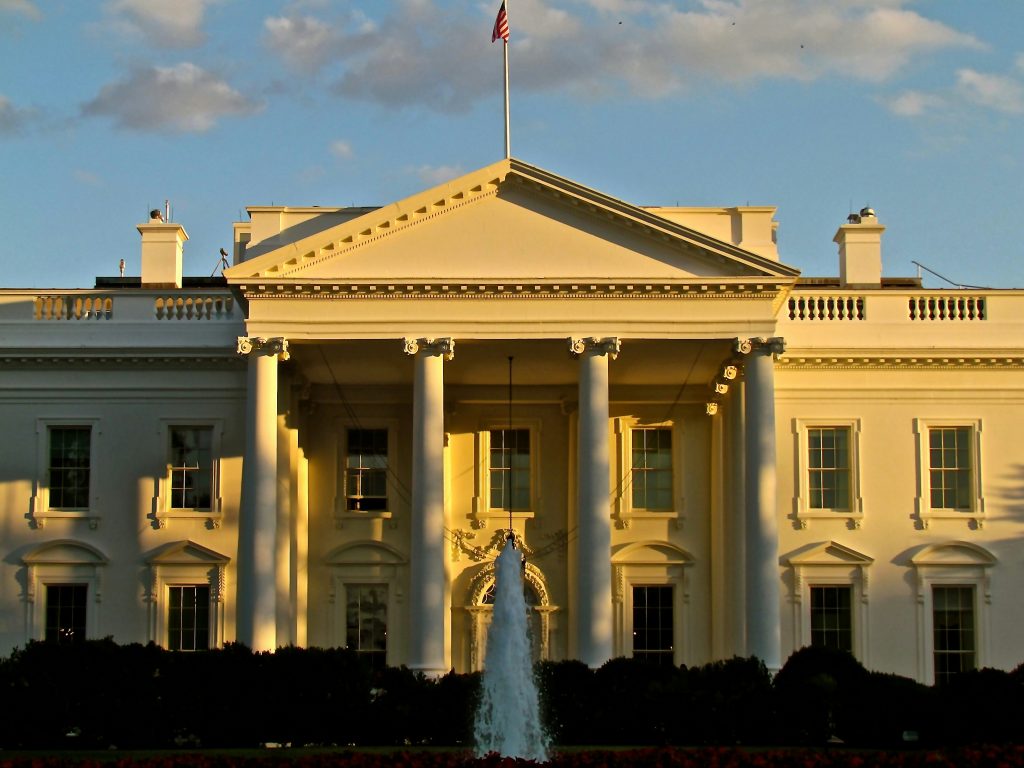The FTC and DOJ Announce Joint Effort to Enforce Stricter Merger Guidelines
The FTC and DOJ Announce Joint Effort to Enforce Stricter Merger Guidelines
By Michelle Shin*
On January 18, 2022, the Federal Trade Commission (“FTC”) and the Department of Justice Antitrust Division (“DOJ”) announced their plans to jointly revise and strengthen federal merger guidelines to regulate the current rise in merger activity.[1] The agencies intend to heighten existing merger standards in response to data indicating that various industries are becoming more concentrated and less competitive.[2] The FTC and DOJ proposal to amend federal merger guidelines comes in the midst of an ongoing merger surge, in which merger filings have more than doubled between 2020 to 2021 – resulting in over $5 trillion from merger deals in 2021 alone.[3] FTC Chair Lina Khan has expressed concern that the merger boom may further consolidate markets and weaken competition which poses long-term harm to consumers and businesses.[4] The recent FTC and DOJ announcement signals that regulators will be taking a more critical approach when evaluating proposed mergers, and businesses should anticipate antitrust enforcement policies that may slow deal activity.[5] With the agencies’ increased antitrust efforts and stricter merger protocols, businesses can expect to face the suspension of “early terminations” for most deals, meaning that even routine transactions with no competitive impact must wait the statutory minimum of at least 30 days before closing the deal.[6] The FTC has also implemented a recent policy that requires acquirors who settle merger enforcement actions to obtain prior approval from the FTC before closing merger deals in the same or related markets within a ten year period.[7] Additionally, businesses should be aware that the FTC plans to scrutinize merger activity in new areas of interest including labor markets, digital platforms, and employee non-compete agreements.[8]
With this recent announcement, the M&A market faces uncertainty, and analysts strive to predict whether merger activity will cool as companies face greater regulation.[9] M&A trends throughout history suggest that companies are likely to make more defensive merger strategies to adapt to growing government pressure.[10] Companies intending to make merger deals are likely to increase and readjust their due diligence procedures in accordance with the FTC and DOJ’s stricter guidelines, and merger financing commitments may become more sensitive to potential “market disruption[s].”[11] Furthermore, the technology industry will likely be heavily impacted by the amended merger policies, as the FTC has previously announced its desire to create new guidelines that would make it more difficult for large tech companies to consolidate.[12] For example, federal regulators are closely examining transactions involving tech companies, and in some cases, even ordering companies to undo previously consummated transactions in accordance with the government’s renewed fervor to toughen antitrust enforcement.[13] Increased merger activity in the private equity, financial, and real estate industries may also indicate greater regulatory scrutiny for business mergers in those sectors as well.[14]
The recent FTC and DOJ joint efforts to bolster merger guidelines will affect many businesses and the M&A market as a whole, and companies will heighten their due diligence efforts to comply with antitrust regulation. Certain industries such as the tech industry will be more directly impacted by the new merger policies, but all companies should stay updated on current and future merger protocols to be in full compliance with the law.
* J.D. Candidate, Class of 2023, Sandra Day O’Connor College of Law at Arizona State University.
[1] Fed. Trade Comm’n, Federal Trade Commission and Justice Department Seek to Strengthen Enforcement Against Illegal Mergers (2022), https://www.ftc.gov/news-events/press-releases/2022/01/ftc-and-justice-department-seek-to-strengthen-enforcement-against-illegal-mergers.
[2] Id.
[3] Id; Skyler Hicks & Michael W. Scarborough, Looking Ahead to Tougher Merger Guidelines and Enforcement, Nat’l L. Rev. (Feb. 4, 2022), https://www.natlawreview.com/article/looking-ahead-to-tougher-merger-guidelines-and-enforcement.
[4] David McLaughlin, U.S. Antitrust Cops Eye Tougher Merger Rules as M&A Surges, Bloomberg (Jan. 18, 2022, 12:47 PM), https://www.bloomberg.com/news/articles/2022-01-18/u-s-antitrust-cops-eye-tougher-merger-rules-amid-m-a-surge.
[5] Hicks & Scarborough, supra note 3; M&A in 2021 and Trends for 2022, Morrison Foerster (Jan. 20, 2022), https://www.mofo.com/resources/insights/220120-ma-trends-2022.html.
[6] Id.
[7] Victor Goldfeld et al., Mergers and Acquisitions: 2022, Harv. L. Sch. F. Corp. Governance (Jan. 27, 2022), https://corpgov.law.harvard.edu/2022/01/27/mergers-and-acquisitions-2022/.
[8] Supra note 5.
[9] Logan Beirne, VIEWPOINTS: M&A Transactions Face Heightened Government Scrutiny, Law St. (Nov. 23, 2021), https://lawstreetmedia.com/news/deals/viewpoints-ma-transactions-face-heightened-government-scrutiny/.
[10] Trevear Thomas & Brian Kunisch, 2022 M&A Trends Survey: The Future of M&A, Deloitte (Jan. 2022), https://www2.deloitte.com/us/en/pages/mergers-and-acquisitions/articles/m-a-trends-report.html?id=us:2ps:3gl:fumatren:awa:ma:011422:ad2:keyword:matchtype:device:targetid&gclid=Cj0KCQiAuvOPBhDXARIsAKzLQ8GOpoxoTO89MQQOB_TmG3Qu1NSu7kf94i-02JE9YgL6uS2AKHmNeVUaApsdEALw_wcB.
[11] Dr. Markus Schackmann, Six Important Legal M&A Considerations During the Global Pandemic, Deloitte, https://www2.deloitte.com/global/en/pages/legal/covid-19/m-a-during-covid19.html.
[12] Hicks & Scarborough, supra note 3.
[13] Goldfeld et al., supra note 7.
[14] Id.
Related Posts

District Court Judge Issues Injunction Requiring Work Continue at CFPB

The Trump Administration’s Proposed Carried Interest Tax Reform
